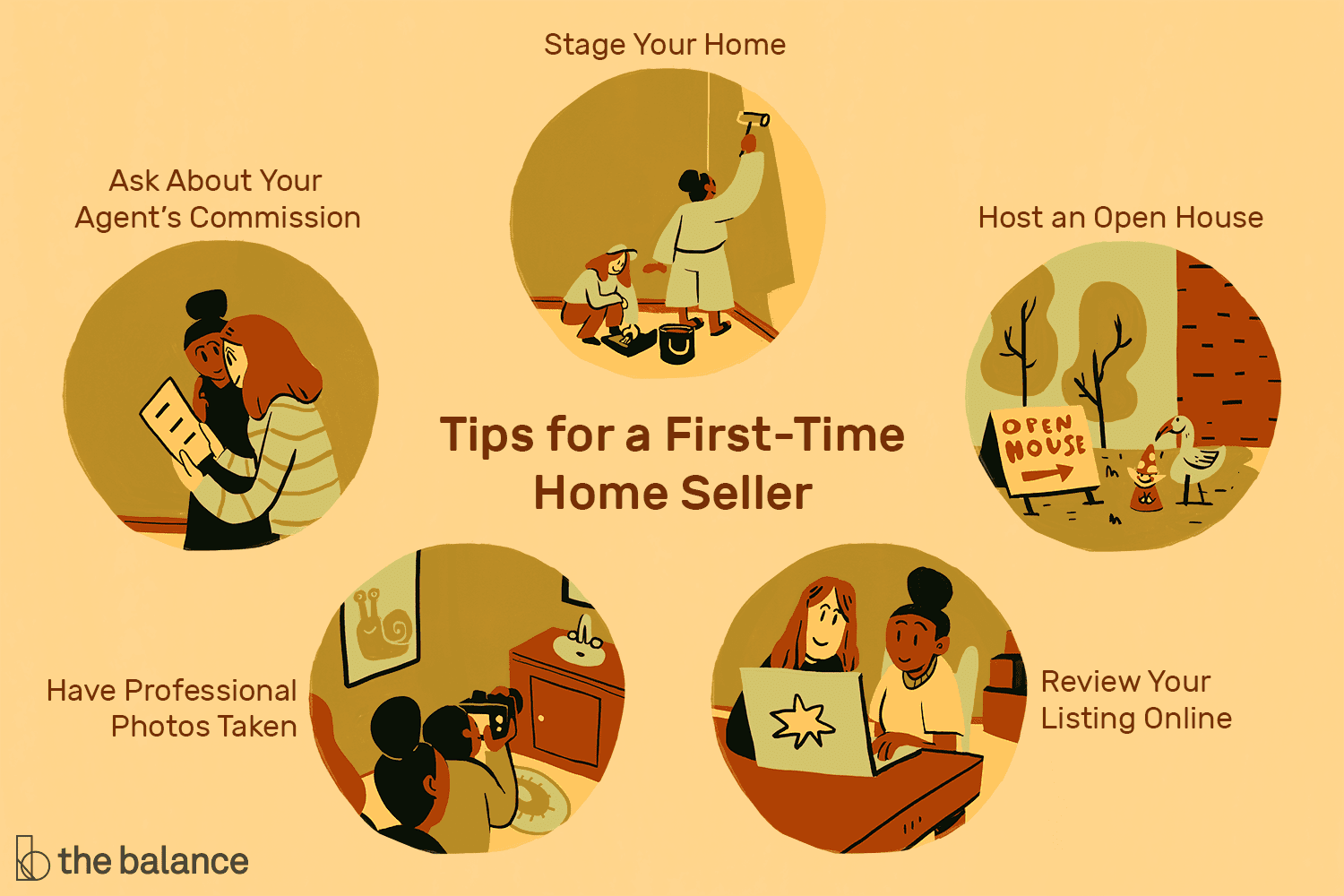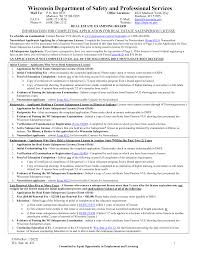
There are many things you can ask about your mortgage after a separation. This is especially true if you are trying to keep your home and want to avoid selling it after the divorce.
Can you buy out your ex-spouse's share of the house?
A buyout simply means that one-half of the equity is paid to the spouse. This can be done with a variety of different types of loans, including specialized buyout mortgages offered by banks and other lenders.
Will the buyout include a deduction for costs of sale?
It is important to include a clause that allows for the ex-spouses' purchase of your house in a divorce settlement. This will ensure your ex-spouse won't have to bear the cost of selling the house.
Can a buyout impact my credit score?
If you have a mortgage and are going through a divorce, it is very likely that you will be asked about your past debts. This includes any loans you may have or your mortgage.

Does this mean that you can no longer get a new loan to purchase a house?
There are several reasons this could be. One reason this may be the case is that your ex-spouse has a higher score on credit than you.
Your spouse may not be capable of getting you a mortgage if you have poor credit. If you are able to get your ex-spouse to release your name from the mortgage, this can help to improve your credit rating.
Does this have to happen before we can sell our house?
If you have a mortgage, it is essential to work with a lawyer to determine whether or not you can sell your house. This will ensure that your home is sold at the highest price possible and that your ex-spouse can share the proceeds.
Does this need to occur before my divorce is finalized
Your ex-spouse must refinance your mortgage if you are not in agreement. This can prevent any problems that could arise from your ex-spouse being unable to refinance their loan.

What's my spouse liable if I assume their home mortgage?
You are responsible for late payments and any other problems that could arise if your ex-spouse takes over your mortgage. You should also check with your lender to see if they are willing to assume the loan.
What is the minimum time I must wait before I can leave?
Whether or not you can move out of the house before your divorce is final depends on how much money you can afford to invest in your future. It also depends upon how much support your former spouse can provide.
FAQ
How do I get rid termites & other pests from my home?
Termites and other pests will eat away at your home over time. They can cause severe damage to wooden structures, such as decks and furniture. To prevent this from happening, make sure to hire a professional pest control company to inspect your home regularly.
What should you consider when investing in real estate?
It is important to ensure that you have enough money in order to invest your money in real estate. If you don’t have the money to invest in real estate, you can borrow money from a bank. It is also important to ensure that you do not get into debt. You may find yourself in defaulting on your loan.
You must also be clear about how much you have to spend on your investment property each monthly. This amount must cover all expenses related to owning the property, including mortgage payments, taxes, insurance, and maintenance costs.
Finally, ensure the safety of your area before you buy an investment property. You would be better off if you moved to another area while looking at properties.
Do I require flood insurance?
Flood Insurance covers flooding-related damages. Flood insurance can protect your belongings as well as your mortgage payments. Find out more about flood insurance.
What should I look for when choosing a mortgage broker
People who aren't eligible for traditional mortgages can be helped by a mortgage broker. They search through lenders to find the right deal for their clients. Some brokers charge a fee for this service. Other brokers offer no-cost services.
How do I know if my house is worth selling?
It could be that your home has been priced incorrectly if you ask for a low asking price. Your asking price should be well below the market value to ensure that there is enough interest in your property. You can use our free Home Value Report to learn more about the current market conditions.
What is a reverse mortgage?
Reverse mortgages are a way to borrow funds from your home, without having any equity. It allows you access to your home equity and allow you to live there while drawing down money. There are two types to choose from: government-insured or conventional. A conventional reverse mortgage requires that you repay the entire amount borrowed, plus an origination fee. If you choose FHA insurance, the repayment is covered by the federal government.
Statistics
- Based on your credit scores and other financial details, your lender offers you a 3.5% interest rate on loan. (investopedia.com)
- Some experts hypothesize that rates will hit five percent by the second half of 2018, but there has been no official confirmation one way or the other. (fortunebuilders.com)
- When it came to buying a home in 2015, experts predicted that mortgage rates would surpass five percent, yet interest rates remained below four percent. (fortunebuilders.com)
- It's possible to get approved for an FHA loan with a credit score as low as 580 and a down payment of 3.5% or a credit score as low as 500 and a 10% down payment.5 Specialty mortgage loans are loans that don't fit into the conventional or FHA loan categories. (investopedia.com)
- Private mortgage insurance may be required for conventional loans when the borrower puts less than 20% down.4 FHA loans are mortgage loans issued by private lenders and backed by the federal government. (investopedia.com)
External Links
How To
How to Manage a Property Rental
It can be a great way for you to make extra income, but there are many things to consider before you rent your house. We'll help you understand what to look for when renting out your home.
If you're considering renting out your home, here's everything you need to know to start.
-
What is the first thing I should do? Take a look at your financial situation before you decide whether you want to rent your house. If you are in debt, such as mortgage or credit card payments, it may be difficult to pay another person to live in your home while on vacation. Check your budget. If your monthly expenses are not covered by your rent, utilities and insurance, it is a sign that you need to reevaluate your finances. It may not be worth it.
-
How much will it cost to rent my house? There are many factors that influence the price you might charge for renting out your home. These factors include location, size, condition, features, season, and so forth. Remember that prices can vary depending on where your live so you shouldn't expect to receive the same rate anywhere. Rightmove reports that the average monthly market price to rent a one-bedroom flat is around PS1,400. This would translate into a total of PS2,800 per calendar year if you rented your entire home. That's not bad, but if you only wanted to let part of your home, you could probably earn significantly less.
-
Is this worth it? It's always risky to try something new. But if it gives you extra income, why not? Before you sign anything, though, make sure you understand exactly what you're getting yourself into. Not only will you be spending more time away than your family, but you will also have to maintain the property, pay for repairs and keep it clean. Before signing up, be sure to carefully consider these factors.
-
Are there any benefits? It's clear that renting out your home is expensive. But, you want to look at the potential benefits. Renting your home is a great way to get out of the grind and enjoy some peace from your day. No matter what your choice, renting is likely to be more rewarding than working every single day. You could make renting a part-time job if you plan ahead.
-
How do you find tenants? After you have made the decision to rent your property out, you need to market it properly. Make sure to list your property online via websites such as Rightmove. After potential tenants have contacted you, arrange an interview. This will enable you to evaluate their suitability and verify that they are financially stable enough for you to rent your home.
-
How do I ensure I am covered? If you are worried about your home being empty, it is important to make sure you have adequate protection against fire, theft, and damage. You'll need to insure your home, which you can do either through your landlord or directly with an insurer. Your landlord may require that you add them to your additional insured. This will cover any damage to your home while you are not there. However, this doesn't apply if you're living abroad or if your landlord isn't registered with UK insurers. You will need to register with an International Insurer in this instance.
-
Sometimes it can feel as though you don’t have the money to spend all day looking at tenants, especially if there are no other jobs. But it's crucial that you put your best foot forward when advertising your property. You should create a professional-looking website and post ads online, including in local newspapers and magazines. Also, you will need to complete an application form and provide references. Some prefer to do it all themselves. Others hire agents to help with the paperwork. In either case, be prepared to answer any questions that may arise during interviews.
-
What should I do once I've found my tenant? If you have a lease in place, you'll need to inform your tenant of changes, such as moving dates. If you don't have a lease, you can negotiate length of stay, deposit, or other details. Remember that even though you will be paid at the end of your tenancy, you still have to pay utilities.
-
How do you collect rent? You will need to verify that your tenant has actually paid the rent when it comes time to collect it. If not, you'll need to remind them of their obligations. Any outstanding rents can be deducted from future rents, before you send them a final bill. You can call the police if you are having trouble getting hold of your tenant. They won't normally evict someone unless there's been a breach of contract, but they can issue a warrant if necessary.
-
What are the best ways to avoid problems? Although renting your home is a lucrative venture, it is also important to be safe. Make sure you have carbon monoxide detectors installed and security cameras installed. Also, make sure you check with your neighbors to see if they allow you to leave your home unlocked at night. You also need adequate insurance. You should never allow strangers into your home, no matter how they claim to be moving in.